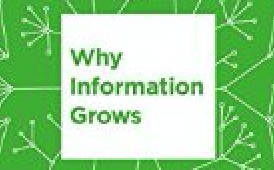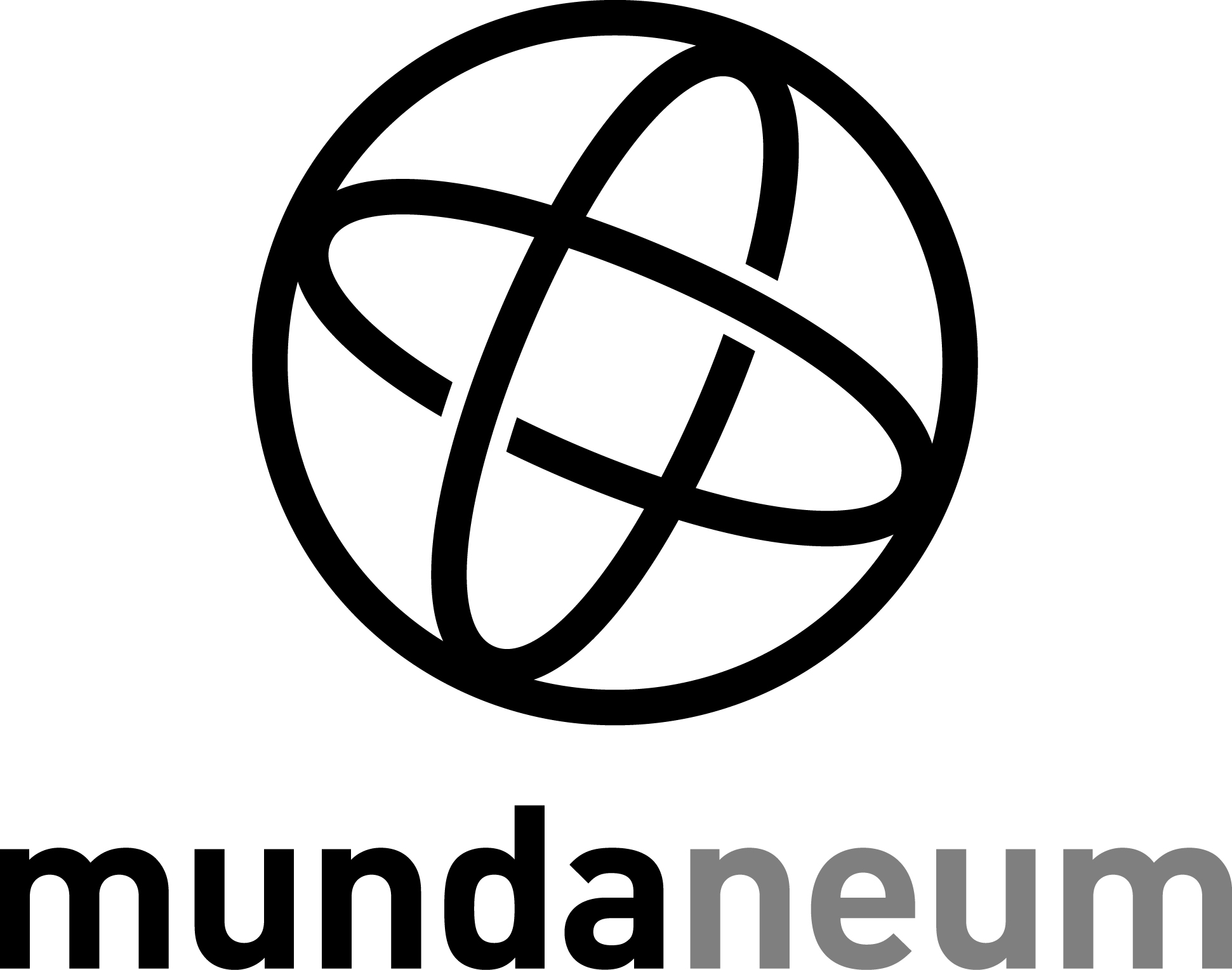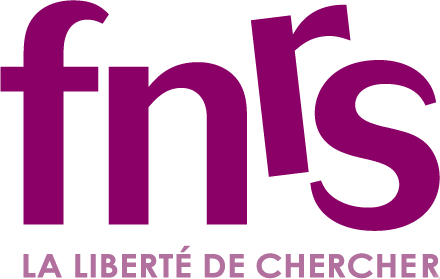Program
The main purpose of the Third Annual Knowescape Conference is to trigger interactions between designers, social scientists and applied mathematicians interested in modelling of knowledge dynamics. The conference is organised in different tracks, focusing on different facets of the problem. Two morning sessions and an afternoon are reserved for contributions from and meetings between the members of the Knowescape community. Invited speakers will shed light on visualisation and modelling of knowledge dynamics. Two special evening events address a wider public: a Meet&Greet session with Eugene Garfield, the founder of the ISI and inventor of the principle of citation indexing; and the presentation of a new book "Why information grows?" by its author, Cesar Hidalgo of the MIT Media Lab; a book which bridges between theories of complexity, information, social behaviour and economics. Abstracts (between half a page and two pages) for presentations (oral presentations and posters) to the TD1210 COST tracks can be submitted here.
| Time | Speaker | Affiliation | Talk / Event |
|---|---|---|---|
| Session I - Wednesday Oct 7: KnowEscape I - Introduction into the Mundaneum and Short Talks | |||
| 8:30-9:15am | Registration at the venue | ||
| 9:15-9:30am | Delphine Jenart and Andrea Scharnhorst | Welcome and Introduction | |
| 9:30-10:15am | Charles van den Heuvel | Royal Netherlands Academy of Arts and Sciences, Huygens ING | Otlet’s Knowledgescapes The Mundaneum: Visual Interfaces to Sciences |
| 10:15-10:45am | Coffee Break | ||
| 10:45-11:05pm | Haluk Bingol | Bogazici University. | Context Sensitive Article Ranking with Citation Context Analysis |
| 11:05-11:25pm | Ceyda Sanli | University of Namur | Local Variation of Hashtag Spike Trains and Popularity in Twitter |
| 11:25-11:45pm | Miroslav Andjelkovic | Jozef Stefan Institute | Algebraic Topology Analysis of Networks Emerging from Content-Driven Social Interactions |
| 11:45-12:05pm | Janusz Holyst | Warsaw University of Technology | From equality to diversity - bottom-up approach for hierarchy growth |
| 12:05-12:25pm | Serge Galam | CREA | An entropy-like approach to the dynamics of conspiracy theories (first steps) |
| 12:25-12:45pm | Oleg Yordanov | Bulgarian Academy of Sciences | A Difference Equation for Tracking Perturbations in Systems of Boolean Nested Canalyzing Functions |
| Session II - Wednesday Oct 7: Mundaneum, Posters and Administration | |||
| 2:00-3:00pm | Guided tour through the exhibit “Mapping Knowledge" | ||
| 3:00-4:00pm | Poster session - opened with ignite talks, with Igor Grabec (Extraction and application of knowledge from pattern generators), Aleksandra Figurek (Establishing a CAP monitoring and evaluation framework & support of an advisory service system: A proposal based on ontology-driven knowledge management and meta-data engineering), Natasa Golo (Entropy of beliefs and information), Mehmet Ali Abdulhayoglu (NLP application to automatically accessed full text scientific publications indexed in Thomson Reuters Web of Science), and Piotr Malek (Unstandardised standards - issues of meta data for retrieval and mining of Polish digital humanities) | ||
| 4:00-5:00pm | MC meeting (internal) | ||
| Session III - Wednesday Oct 7: Past, present and future of scientific information | |||
| 6:15-7:30pm | Eugene Garfield | Founder and Chairman Emeritus of the Institute for Scientific Information, now Thomson Reuters Scientific and President and Founding Editor of The Scientist | Past, present and future of scientific information: A greet&meet session with one of pioneers in the field of information science. Due to unforeseen circumstances, Eugene Garfield is unable to join us in Mons in person. We work on a remote connection and will have a panel on the topic also. |
| Session II - Thursday Oct 8: KnowEscape II - Short Talks | |||
| 09:20-09:40 | Michele Coscia | Harvard | What do Governments do? A Network Perspective |
| 09:40-10:00 | Massimo Riccaboni | IMT | The Local Structure of Worldwide Innovation Hubs |
| 10:00-10:20 | Nikolay Vitanov | Bulgarian Academy of Sciences | Science dynamics and research productivity |
| 10:20-10:50 | Coffee Break | ||
| 10:50-11:10 | Jahna Otterbacher | Open University of Cyprus | Who describes others best? Challenges for crowdsourcing metadata generation on images of people |
| 11:10-11:30 | Andreas Rauber | Vienna University of Technology | SOM-based Visualizations as Platform for Data Exploration |
| 11:30-11:50 | Peter Mutschke | GESIS | Evaluating Usefulness of Knowledge Maps as Visual Search Interfaces |
| 11:50-12:10 | Senka Anastasova | St Cyril and Methodius University | Deleuze’s philosophy of rhizomatic (mapping) knowledge |
| 12:10-12:30 | Rob Koopman and Shenghui Wang | OCLC | Ariadne - Navigating through networked context |
| Session III - Thursday Oct 8: From data mining to data visualisation | |||
| 2:00-2:40 | James Cheshire | UCL | London: The Information Capital - Visualising London's Open Data |
| 2:40-3:20 | Sebastien Heynman | Linkurious | How NASA experiments with knowledge discovery |
| 3:20-4:00 | Fabio Franchino | TODO | Designing Visualizations |
| 4:00-4:30 | Coffee Break | ||
| 4:30-5:00 | Almila Akdag | KNAW | Rise of Big Data "=" Rise of Visualizations |
| 5:00-5:40 | Luigi Assom and Andrea Lancichinetti | Umea | Visualising Wikipedia: moderated by Almila Akdag -- Discovery of public knowledge |
| Session IV - Thursday Oct 8: Why information grows? | |||
| 6:15pm-8pm | Cesar Hidalgo |
MIT | Why Information Grows: The Evolution of Order, from Atoms to Economies - Cesar Hidalgo will present his
new book on the growth of economies, and its connection to the growth of order.
The presentation will be followed by a round table on the concepts of entropy, information and complexity, led by Stefan Thurner. |
| Session V - Friday Oct 9: Models of Science | |||
| 9:30-10:10 | Tim Evans | Imperial College London | Time, Networks and Citations |
| 10:10-10:50 | Frank Schweitzer | ETH Zurich | Networks at work: The systemic feedback on scientific quality |
| 10:50-11:20 | Coffee Break | ||
| 11:20-12:00 | Petra Ahrweiler | EA European Academy of Technology and Innovation Assessment | Simulating research and innovation networks |
| 12:00-12:40 | Pietro Panzarasa | Queen Mary | Homophily and interdisciplinarity in scientific production |
| Session VI - Friday Oct 9: Working groups and Visit at the Mundaneum Archives | |||
| 2:00-4:00pm | Working group meetings and guided tour through the archives of the Mundaneum | ||



